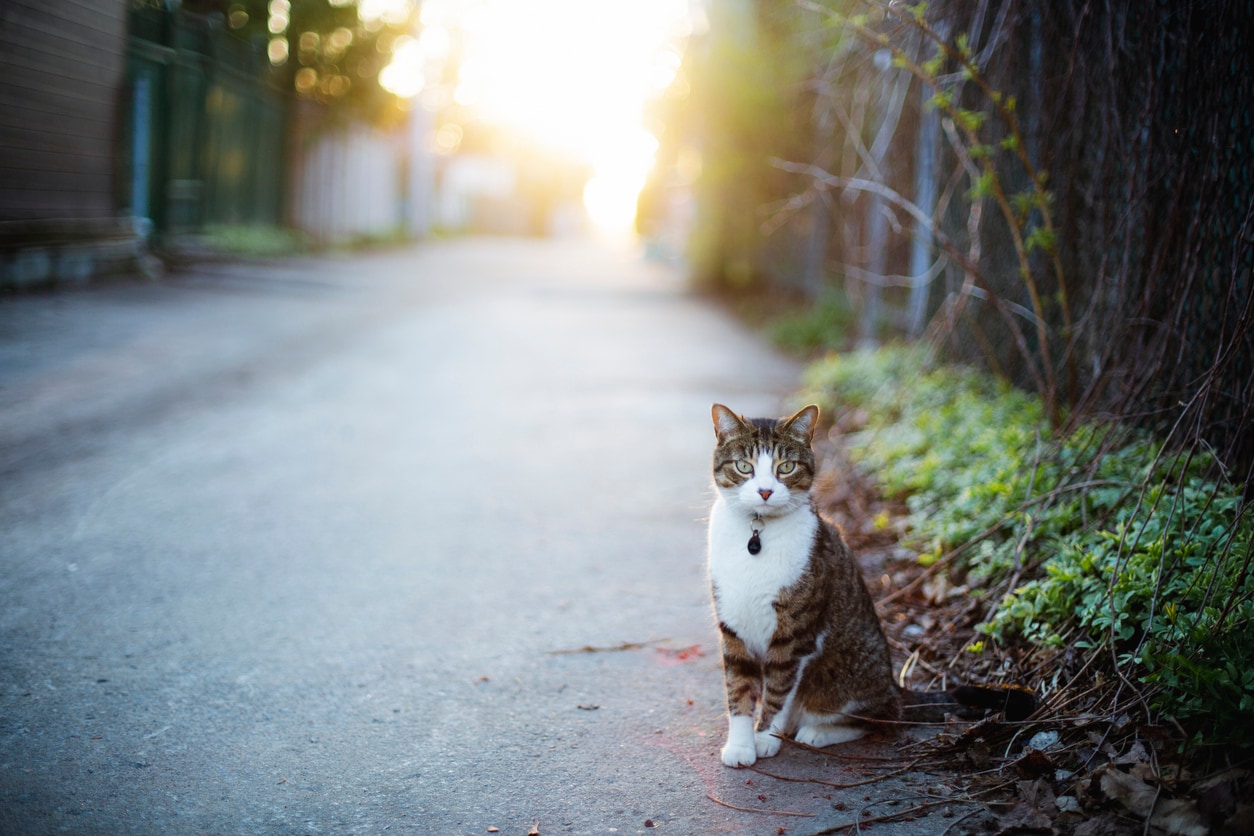coccidia in cats uk
When coccidiosis in cats is severe it can be fatal especially in cats which are already immunodepressed. Feline coccidia are acquired by ingestion of sporulated oocysts from contaminated environments.

Everything You Need To Know About Coccidia In Cats Petcarerx
Coccidia in cats uk.

. This means that the length of treatment is dependent on how many coccidia there are and how healthy the pets immune system is. Coccidiosis is an intestinal tract infection caused by a one-celled organism called coccidia. In kittens it is seen primarily during weaning stress.
Most cats who develop coccidioidomycosis are young as this is the demographic of cats who tend to be more active outdoors. Some of these protozoa require more than one host to complete their development. Clinical coccidiosis although not common has been reported in kittens and puppies.
The most common way that a cat can contract this condition is by coming into contact with the feces of. Feline coccidia are acquired by ingestion of sporulated oocysts from contaminated environments. Excessive tiredness or sleeping Weight loss Fever.
The most common clinical signs in severe cases are diarrhea sometimes bloody weight loss and dehydration. Coccidia are small protozoans one-celled organisms that multiply in the intestinal tracts of cats and dogs most commonly in kittens and puppies less than six months of age in adult animals whose immune system is suppressed or in animals who are stressed in other ways eg. Clinical signs from coccidiosis are the result of damage to the intestines and may include.
In kittens it is seen primarily during weaning stress. Isospora felis and Isospora rivolta. It is caused by a parasite that makes its way to the intestinal tract.
They are microscopic parasites that live within the cells that line the intestine. The medication is given until the diarrhea resolves and then several additional days usually 5-25 days. Mucous diarrhea Bloody diarrhea Vomiting.
The most common clinical signs in severe cases are diarrhea sometimes bloody weight loss and dehydration. Cats who dig in the. Change in ownership other disease present.
These parasites are most dangerous and can be life-threatening in kittens. What Is Coccidia in Cats. If the coccidia are unable to reproduce the pets immune system should be able to clear the infection.
In cats most coccidia are of the genus group called Isospora. What Is Coccidia. Canine coccidia will not infect felines leading to passage of oocysts in feces.
In cats coccidia live in the intestinal tract and can cause diarrhea they are often confused with intestinal worms but coccidia is not worms. Because coccidia live in the intestinal tract and can cause diarrhea they are often confused with intestinal worms but. Coccidia in cats is a medical condition that refers to a watery and foul smelling type of diarrhea.
Signs of coccidia in kittens include watery or mucusy diarrhea that is sometimes streaked with blood. Symptoms of coccidiosis vary but one of the most worrying signs is bloody diarrhea. Symptoms include watery stool with mucus or blood fever and in some cats neurological.
Usually coccidiosis is associated with other infectious agents immunosuppression or stress. According to Hutchison there are several different species of coccidia that affect felines including species of Isospora Toxoplasma Hammondia Besnoitia Cryptosporidium and Sarcocystis. It is caused by a parasite that makes its way to the intestinal tract.
When cats do get sick from coccidia the symptoms can range from mild to serious and mimic signs of other intestinal diseases. There are many different species of coccidia but two species of coccidia are most common in cats. This information may also be important to breeders and raisers of horses rabbits cats dogs primates and cattle.
This is why cats with feline immunodepressive virus FIV and feline leukemia virus FeLV are at particularly risk. Coccidia are not parasitic intestinal worms. Coccidia is a type of single-celled organism that is an intestinal parasite but it is not a worm or an egg.
The parasite travels into the intestinal lining cells of the cat where it matures over about 2 weeks into oocysts rupturing the cells and causing intestinal damage. Feline coccidia are acquired by ingestion of sporulated oocysts from contaminated environments. The condition can also affect cats but it is not transmittable to humans.
In the united kingdom study i. Isospora felis and Isospora rivolta are the most common species of coccidia in cats. Coccidia In Cats Uk.
Coccidia are a group of single-celled parasites called protozoa. The cat may develop lameness andor weakness as well as back and neck pain. A negative result is not a definite indication that your cat doesnt have the disease and it may be necessary to repeat fecal examinations.
A severe infection of coccidia in kittens can cause weakness. Usually coccidiosis is associated with other infectious agents immunosuppression or stress. In severe cases if the organism spreads throughout the body becoming systemic the cat may develop seizures or blindness.
Hutchison says the Isospora species Isospora felis and. Coccidia are contagious to other cats. Cats are susceptible to infection from a number of these parasites including Isospora Toxoplasma Sarcocystis Besnoitia and Hammondia.
There are several species of these tiny parasites that are found in cats and other mammals and some species are contagious to humans. The most common way that a cat can contract this condition is by coming into contact with the feces of. Coccidia is a protozoan that infects the intestinal tract of cats and other species and causes coccidiosis.
Coccidia are single-celled protozoan parasites that nearly all cats are exposed to in their lifetime. 23 August 2021 Coccidia are parasitic single-cell organisms that live within the intestine and can lead to an infection of the intestinal tract of the dog known as coccidiosis. Signs of a possible infection with Toxoplasma may include no signs at all or the cat may display signs such as.
Coccidia in cats uk. Coccidia lodge in the intestinal wall and form cysts. Coccidia can infect all mammals some birds some fish some reptiles and some amphibians.
Clinical coccidiosis although not common has been reported in kittens and puppies. Coccidiosis is also transmitted to dogs and cats by ingestion of transport hosts predation containing extraintestinal stages. Feline coccidia are acquired by ingestion of sporulated oocysts from contaminated environments.
Coccidia is a protozoan that infects the intestinal tract of cats and other species and causes coccidiosis. Coccidia in cats is a medical condition that refers to a watery and foul smelling type of diarrhea. Coccidia are single-celled parasites called protozoa that infect the intestinal tract of cats.
Coccidiosis is an intestinal tract infection caused by a one-celled organism a protozoa called coccidia.
Coccidiosis In Dogs And Cats And Other Animals
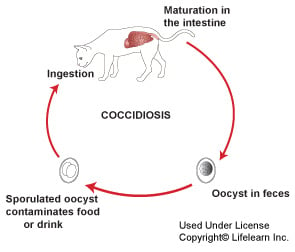
Coccidiosis In Cats Vca Animal Hospital

Coccidial Oocysts From Cat Feces A Unsporulated Oocysts Of Download Scientific Diagram
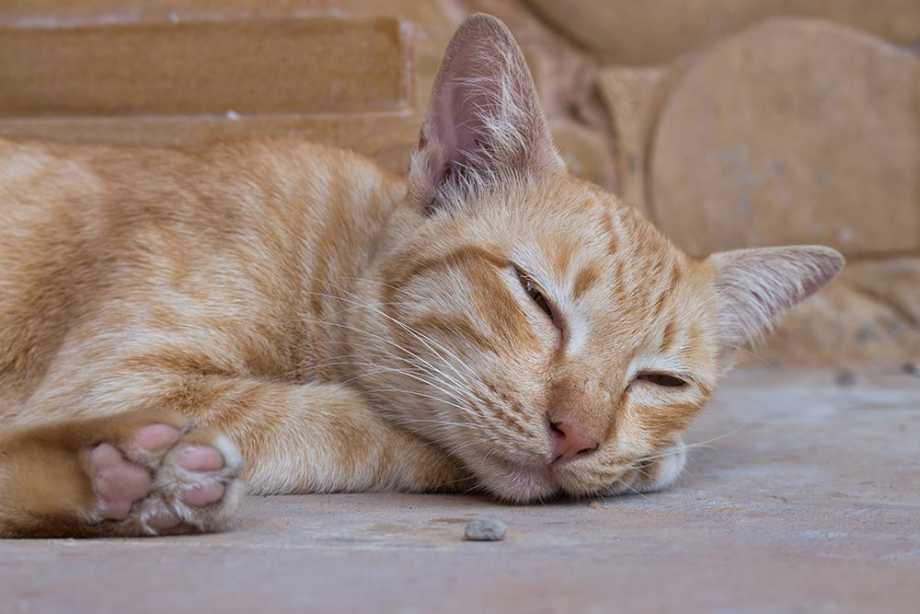
Coccidia In Cats Small Door Veterinary

Internal And External Parasites In Cats Front Street Animal Hospital
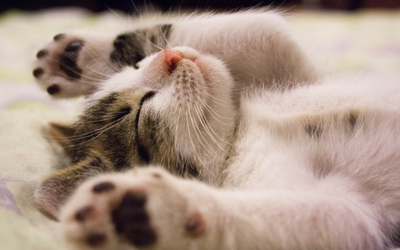
Coccidiosis In Cats Vca Animal Hospital

Internal And External Parasites In Cats Front Street Animal Hospital
Coccidiosis In Dogs And Cats And Other Animals

Companion Animal Parasite Council Coccidia
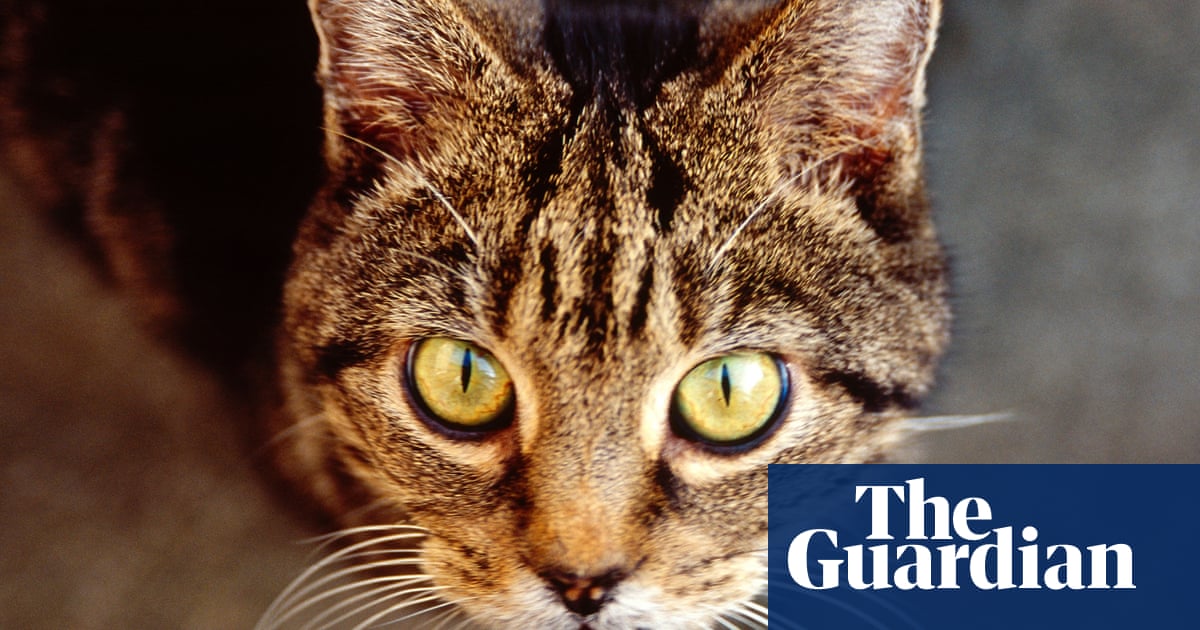
Why Are So Many Cats Being Poisoned Cats The Guardian

Most Common Parasites In Cats Wellesley Animal Hospital
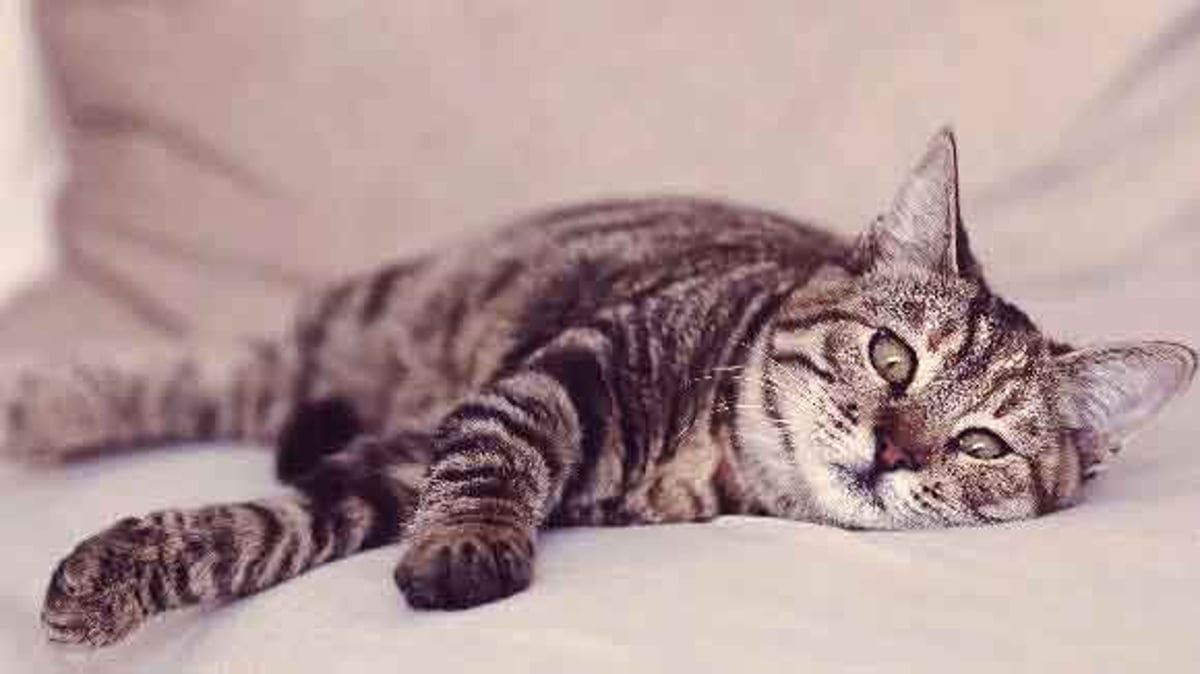
Everything You Need To Know About Coccidia In Cats Petcarerx
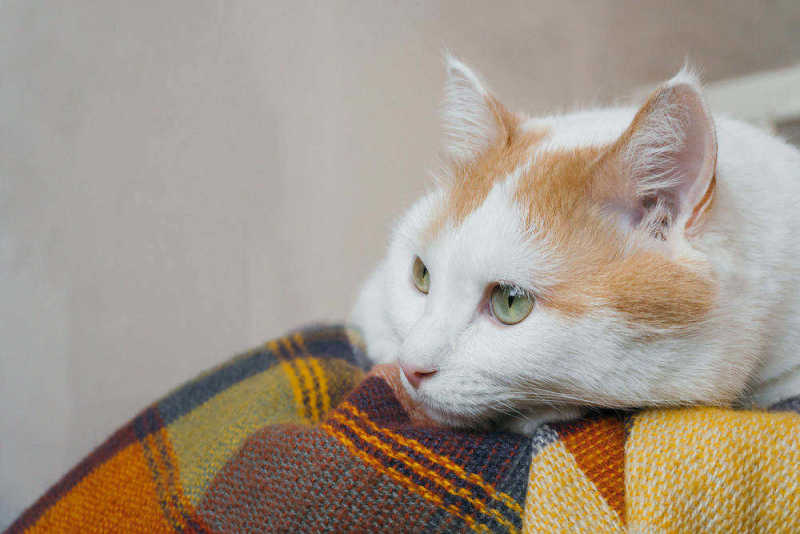
Giardia In Cats Small Door Veterinary

Internal And External Parasites In Cats Front Street Animal Hospital
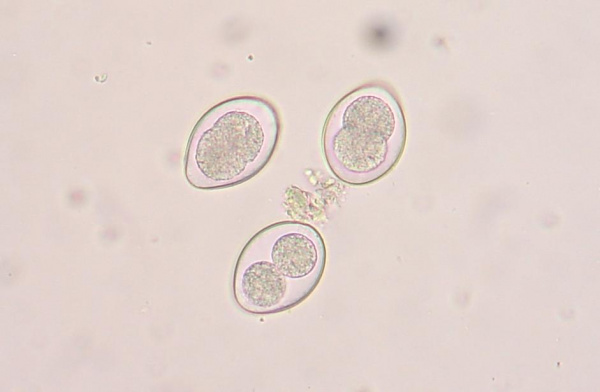
Coccidiosis In Cats Vca Animal Hospital

Internal And External Parasites In Cats Front Street Animal Hospital
/ginger-cat-relaxing-1142424184-4e02175d72634795b60258da0a521b5f.jpg)

